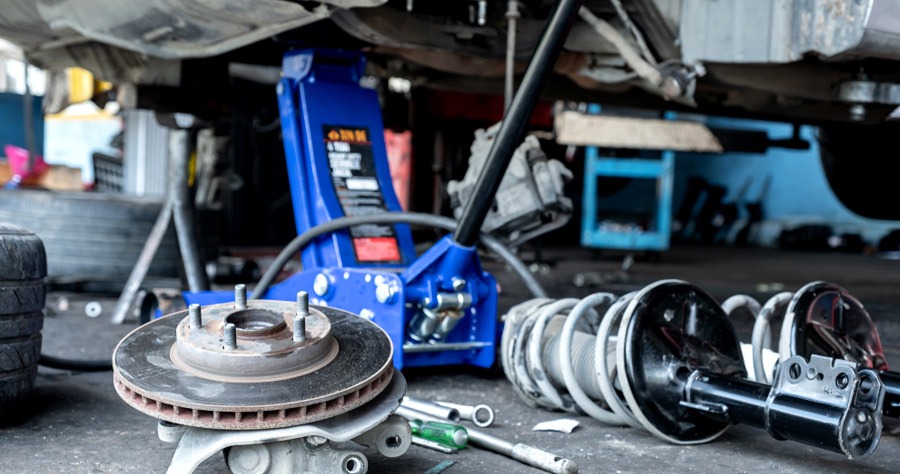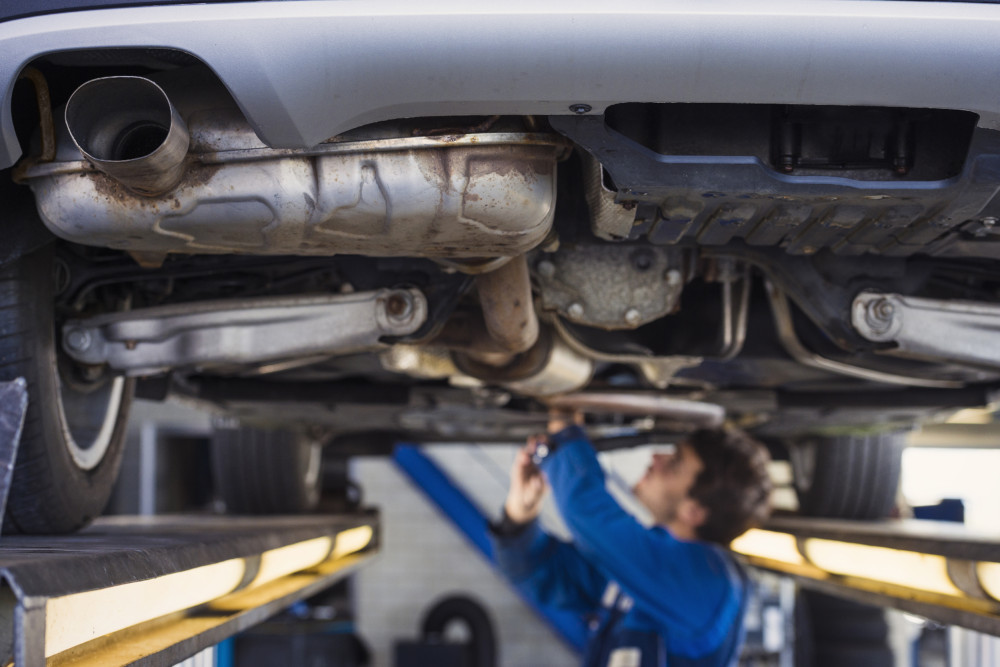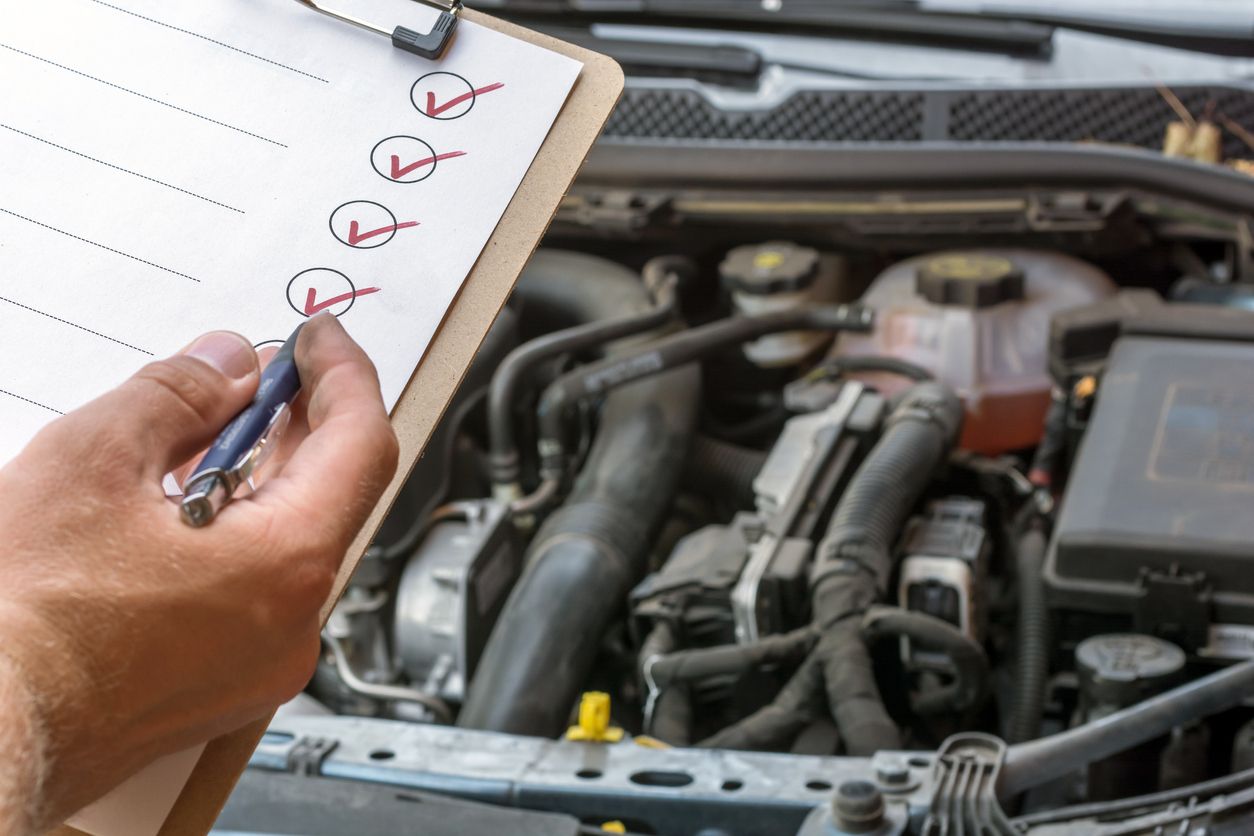Engaging Introduction: Don’t Ignore the Check Engine Light
Few things are more frustrating than seeing the check engine light illuminate on your dashboard. While it might be tempting to ignore it, this small warning often signals a more significant problem that needs attention. In this post, we’ll explore the top five reasons your check engine light might be on and what steps you should take to resolve it.
1. Faulty Oxygen Sensor
A malfunctioning oxygen sensor can cause poor fuel efficiency and increase emissions. Replacing it promptly ensures your engine operates at peak performance.
2. Loose or Damaged Gas Cap
A loose or cracked gas cap might seem minor, but it can cause your fuel system to lose pressure, leading to the check engine light turning on. Simply tightening or replacing the cap often solves the issue.
3. Failing Catalytic Converter
The catalytic converter is essential for reducing harmful emissions. If it fails, your vehicle may lose power and efficiency while releasing excess pollutants.
4. Malfunctioning Spark Plugs
Worn-out spark plugs or ignition coils can cause engine misfires, leading to reduced performance and increased fuel consumption.
5. Mass Airflow Sensor Issues
A faulty mass airflow sensor disrupts the air-fuel mixture, impacting performance and fuel economy. Replacing it restores balance to your engine.
Take Action Before It’s Too Late
The check engine light is your vehicle’s way of telling you something needs attention. Ignoring it could lead to more severe problems and costly repairs. At ACE Automotive, we offer advanced diagnostics to quickly identify the issue and recommend the best solution. Schedule an appointment today and get back on the road with confidence.


